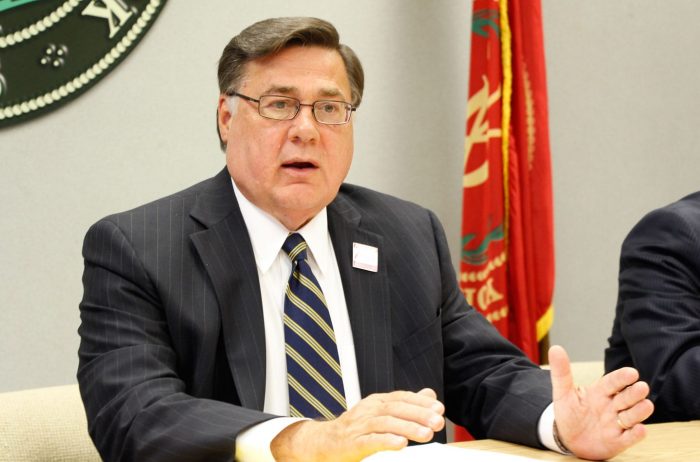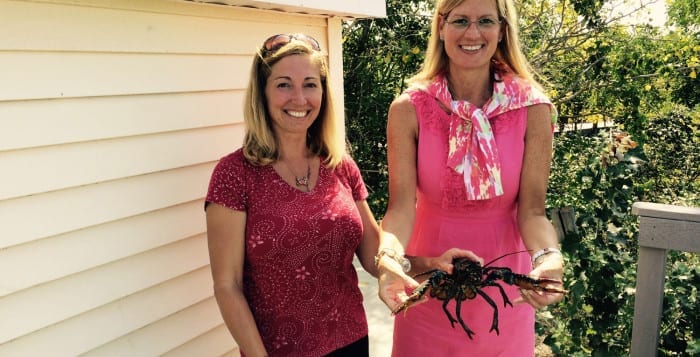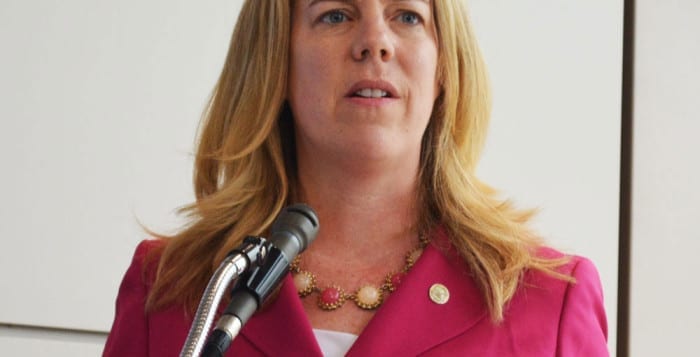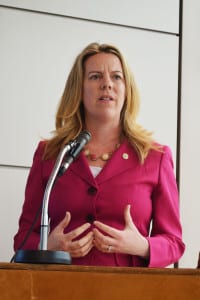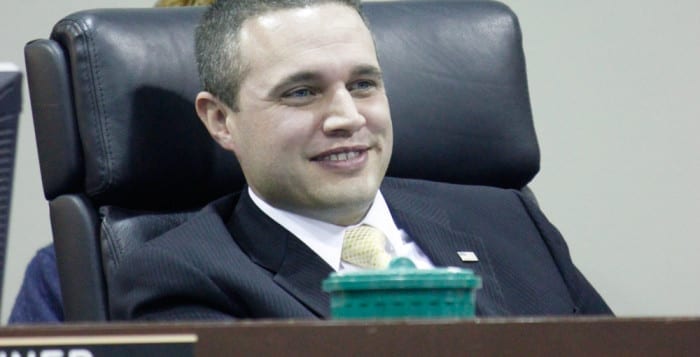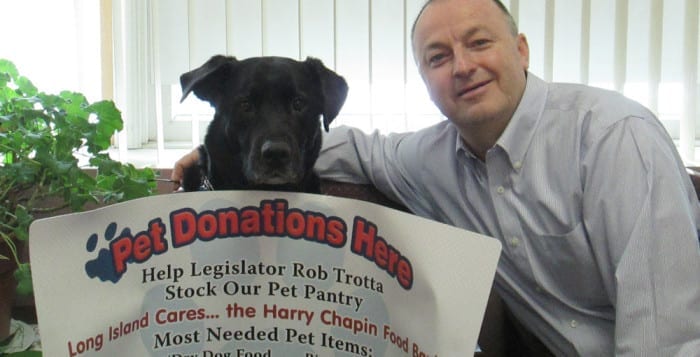The first few moments
after we open our eyes, our minds process everything around us. Wait, what day is it? Hmm, did we dry clean the right suit for today? Do we really have to do that presentation? Could it possibly have snowed and might we have a day when we can relax at home?
Somewhere in those moments when we put the pieces of our lives and minds together, we might take stock of how we feel about the coming day and its challenges. Are we going to puff out chests, knowing that we’re going to ace that test, that we’re going to give the perfect presentation or that we’re going to do so well in that job interview that the company will not only offer us a position but will give us a higher salary than they had intended.
Where do we find the zen, strength and confidence to succeed, while having something to offer? And why, like a reputation, does it so often seem so fragile?
Let’s take a look at children. They are smaller versions of us — up until high school — and some of the thoughts, emotions and reactions to experiences that they have are more visible. They haven’t learned how to cover so much of themselves up.
When they play their musical instruments, for example, we can tell that they’ve played the wrong note by the color of their faces and by the way they slump their shoulders when they stand with the group for a final applause. We can watch them pull their hats low over their eyes when they throw a ball into right field from shortstop or when they shake their heads and roll their eyes at their misfires.
Even surrounded by a large collection of friends and family, our children can so readily believe the worst about themselves. In a way, I suppose, believing that we can and should be better could be motivational. We’re not where we want to be, we’re not who we want to be, and we have to figure out how to get from the now of point A to the goal of point B.
It’s also important for us to find some humility. If we walked around town, the house or school acting as if we were the preordained future leader of the free world, we would be insufferable, irritating and ridiculous.
Still, when it comes to that balancing act, we seem so much more likely to look down on ourselves, our efforts and our achievements. No matter how much our parents or friends tell us we’re fantastic and that we contributed something extraordinary, we are still ready to home in on the imperfections and wonder whether we’ll ever live up to our own expectations.
We read inspirational books, follow the examples of people who have achieved what we’d like to do and surround ourselves, sometimes, with sayings like, “Today is the start of something incredible.” Along the way, however, someone nudges us off the tracks and we hope that tomorrow might be the real start of something spectacular.
Maybe there are people who have become so effective at becoming “nattering nabobs of negativity,” to borrow from former Vice President Spiro Agnew, that we are ready to believe them. It’s easier, after all, to knock someone off a mountain than it is to climb one yourself.
Maybe, in addition to all the diet plans to help us avoid giving in to our cravings for the sugar our country produces and uses to celebrate so many occasions, what we need is a new industry: Mojo Inc.
This could allow us to succeed in a humble way, perhaps, while refueling us with positive energy.


